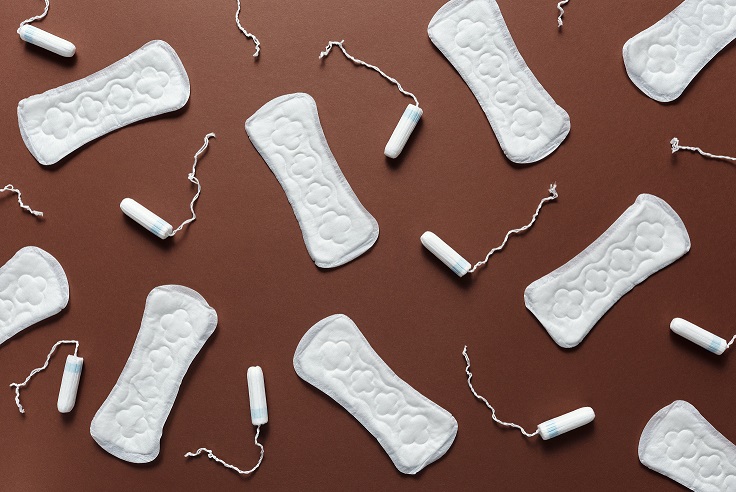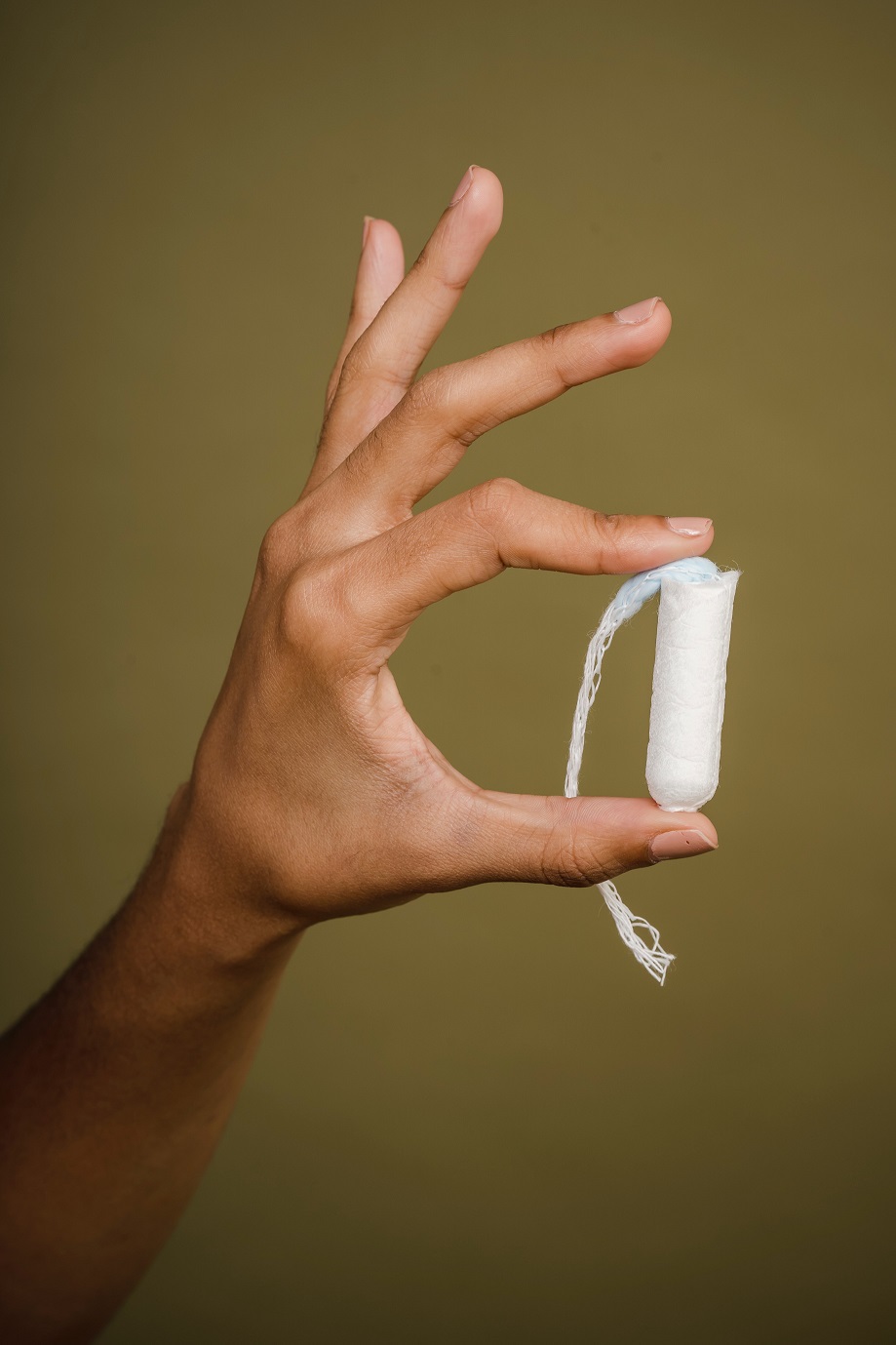New lawsuit indicates tampons marketed as organic contain harmful substances.
A class action lawsuit claims that This is L. Inc., a subsidiary of Procter & Gamble, deceptively labels its tampons as “100% organic” when they actually contain synthetic materials. Lead plaintiff Danielle Paulson alleged she purchased L. brand tampons “based on the representations on the label that the product was 100% organic and believed that the tampons did not contain ingredients to enhance their coloring.” That wasn’t the case.
The legal battle was granted class action status and the plaintiff class has indicated the company was fully aware that consumers would be willing to pay more for organic products, so it elevated the price while making these claims. Many buyers are wary of products containing synthetics because of concerns about their potential impact on human and environmental health. Thus, the company wouldn’t have been unable to garner such a premium had it not marketed them this way.
The 12-page complaint details how the tampons, in fact, contain potentially harmful ingredients including “polyester, glycerin, paraffin, and titanium dioxide.” The front label that boldly states they’re organic doesn’t make mention of any of these. Furthermore, that label displays that the tampons have a “100% organic cotton core,” which is false. Titanium dioxide has been added in order to make the core appear white (which the company said is in the fine print on the back of the containers). This substance is controversial and has already been banned from many products across the European Union. Polyester and paraffin are both petroleum byproducts.

As stated in the filing, “although titanium dioxide is neither a ‘dye’ nor ‘chlorine,’ it performs the equivalent objective of those two substances by making the Product appear to be of higher quality than it is by enhancing the appearance of the cotton through whitening.”
It can be particularly dangerous when tampons are inappropriately marketed. Just last year, lead plaintiff Kimberley Manson filed a class action complaint against organic tampon company ALYK Inc. in a New York federal court alleging its tampons don’t have a protective coating to stop them from unraveling inside customers. In 2020, in a similar case, a $7 million class action settlement was reached with U by Kotex over claims that the cotton inside its tampons could unravel when inserted. Some women had reportedly needed to seek medical attention to get the pieces of cotton taken out.
In 2020, there are also claims made against several tampon and maxi pad manufacturers that their products contained per- and polyfluoroalkyl substances (PFAS), essentially “forever chemicals” that are commonly used in products made to be resistant to heat, oil, stains, grease, and water. They’ve been widely found in the environment and in the bodies of humans and fish exposed. PFAS are known to be possible carcinogens.
Anyone living in Illinois, New Mexico, Kentucky, Virginia, Iowa, Idaho, Montana, Alabama, Louisiana, and Alaska who recently purchased This is L. Inc. tampons can join the class if they file within the statute of limitations.
Sources:
This is L. class action says tampons deceptively advertised as ‘100% organic’
Viral video wrongly blames titanium dioxide in organic tampon strings for host of medical problems
These organic tampons can unravel inside your body, a class action lawsuit alleges


Join the conversation!